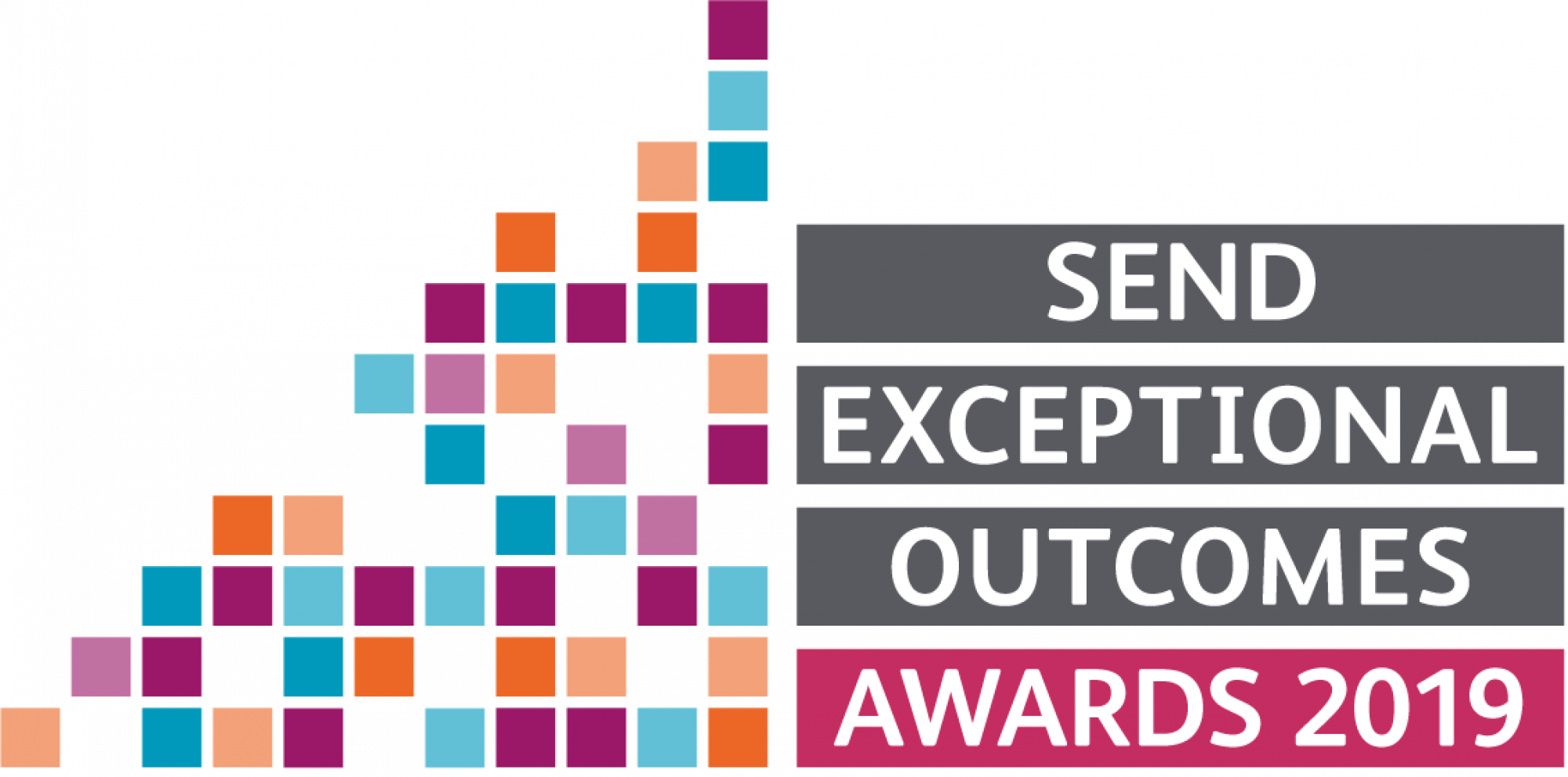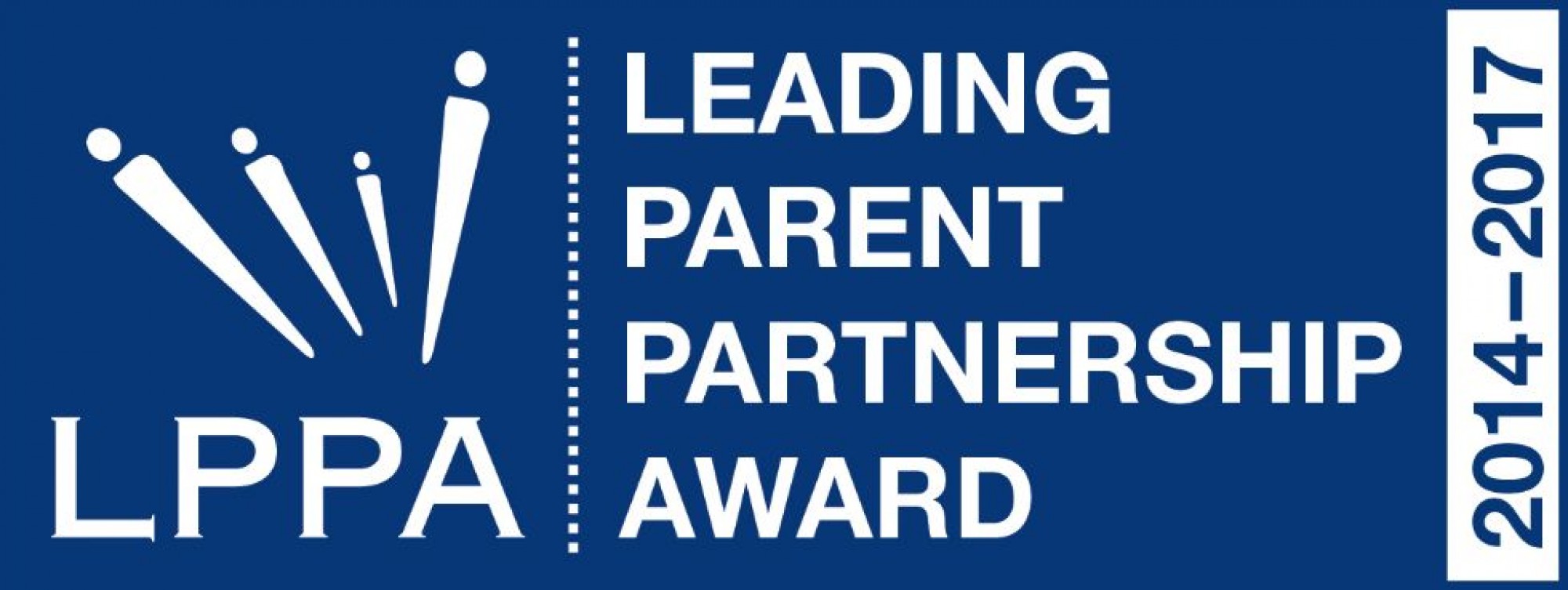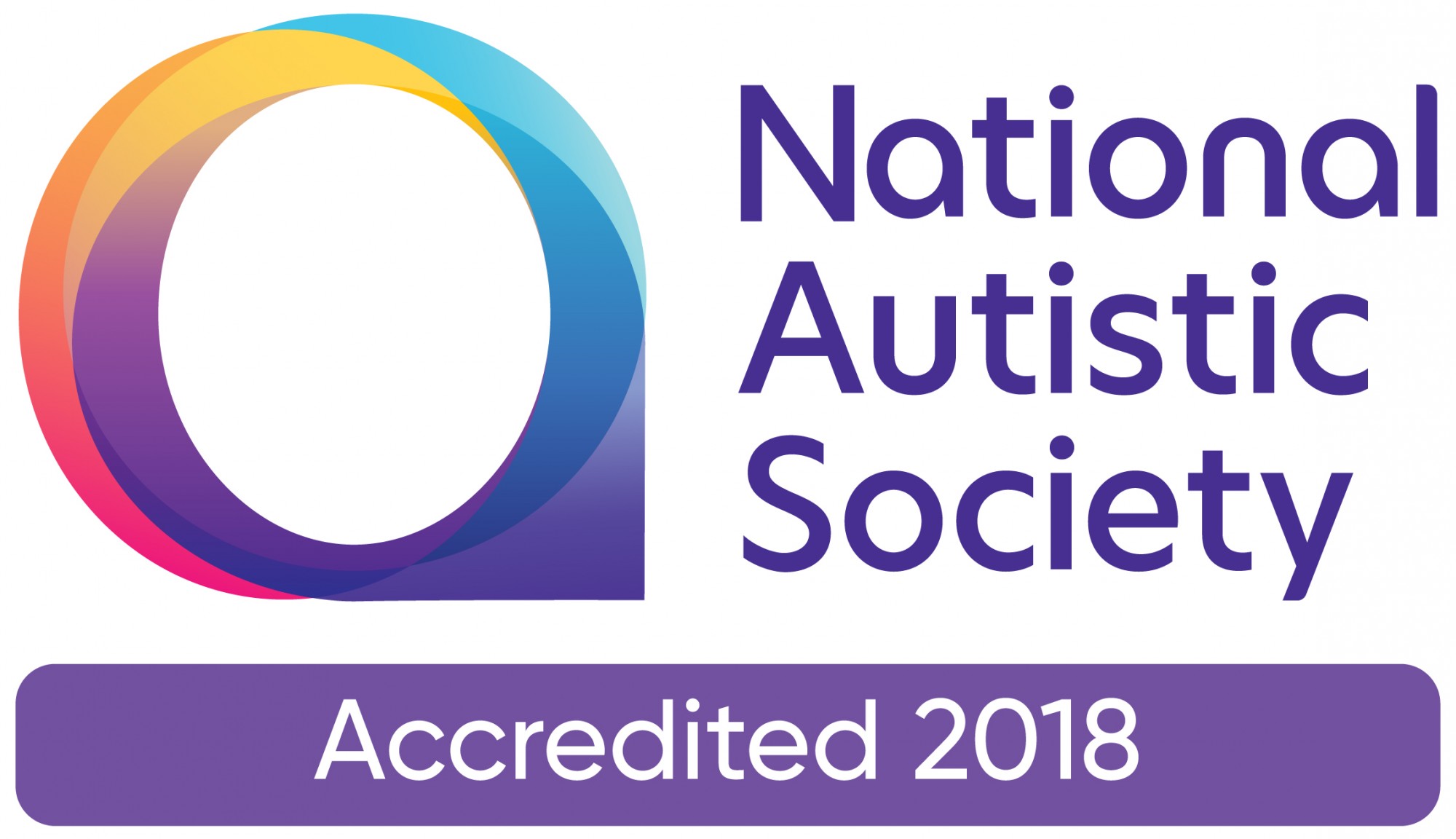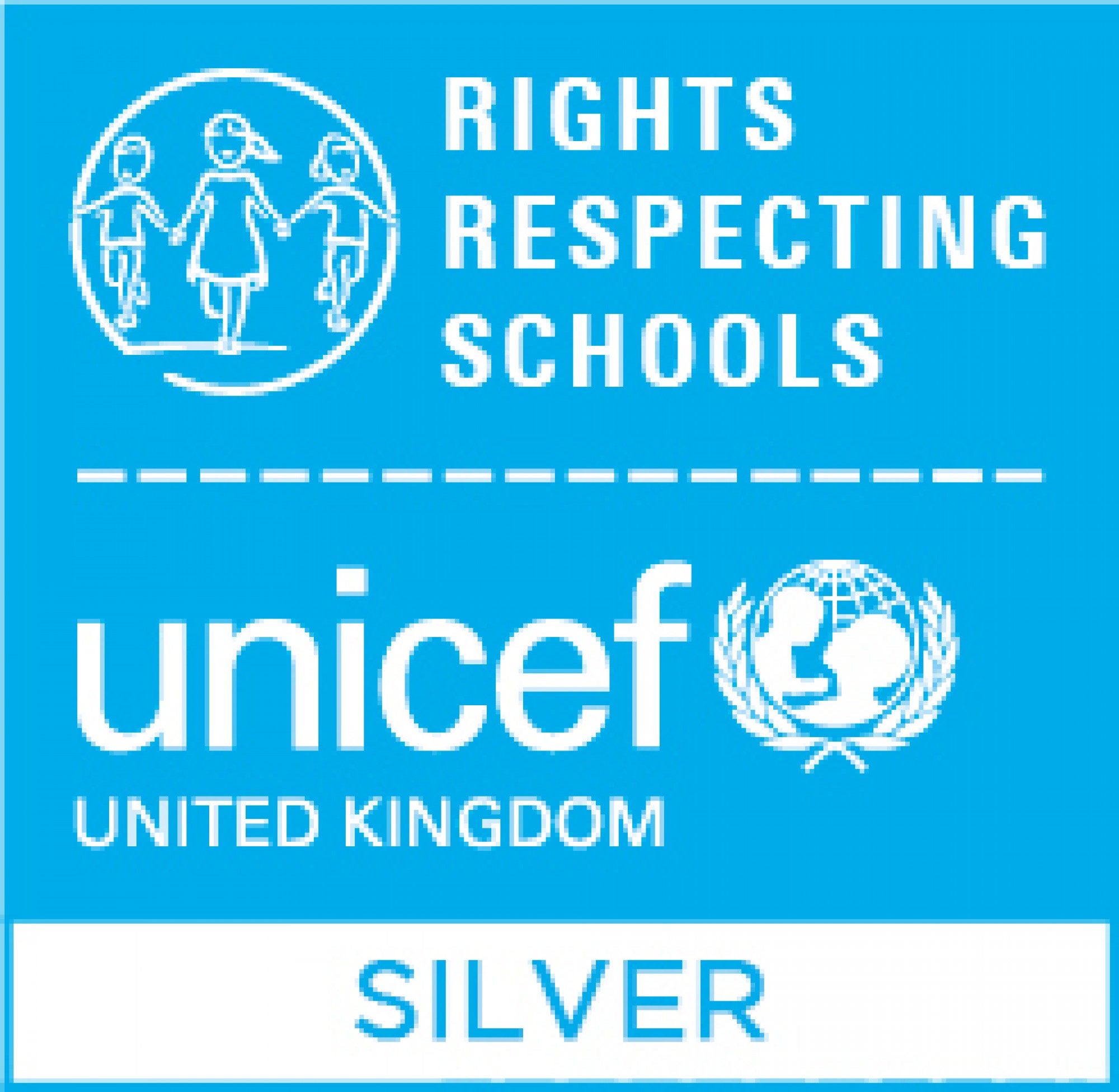Valuing the importance of reading for all at Abbey Hill Academy
Reading and a true love of books is what the curriculum at Abbey Hill is based upon.
Our community understands the importance of teaching the foundations for reading as well as the skill of being able to read words on a page.
Our children access teaching that focuses on the pre-requisites for reading; focus and attention, the ability to communicate and access meaning, having an awareness of rhythm, pattern and order, supporting memory skills and processing, as well as supporting children with sound and visual discrimination, are all essential aspects of our reading curriculum.
Sound and visual discrimination are very important pre-requisites for reading. We focus our observations on what sounds gain our children’s attention and we continuously assess their phonological awareness. We also observe the symbols that they engage with visually. When children are ready to access specific sounds linked to specific sound spellings, we work systematically using Little Wandle Letters and Sounds. The programme has a systematic focus taking our students from sound to symbol, from spoken word to print.
Access to the very best stories and books for all is our aspiration. Our mission is to read more and share more. We have a library of appropriate decodable reads that support our phonic approach to build confidence with sounds and sound spellings. We have core texts that link to our curriculum and offer knowledge consolidation as well as extension. Our children however, demand flexibility when it comes to book choices. Our book choices have to motivate and engage so we make skilful decisions always based on the knowledge we have about our children.
Maximising our interactions and ensuring shared reading opportunities for all are key. We plan daily, predictable reading opportunities as frequency and routine are important. Teaching is multi-sensory, connects to curricular knowledge and embeds our core vocabulary decisions. We observe student responses and extend learning opportunities.
|
Reading stage |
Groups |
Level |
|
Pre-requisite reading skills |
Multi-sensory teaching Maximising interactions for active participation. Repetitive use of multi-sensory stories that connect prior knowledge and support core vocabulary decisions. Access to a library of the very best picture books. |
Pre K |
|
Emerging readers |
Little Wandle Letters and Sounds Systematic synthetic phonic based programme delivered using multi-sensory teaching approaches. Interactive core texts are used to immerse children in sounds, letters, words and pictures. They are chosen to connect with prior knowledge and support core vocabulary decisions. Complete access to a huge library of appropriate and matched decodable texts as well as a library of the very best picture books. |
Pre K-Key Skill 1 |
|
Readers |
Little Wandle Fluency– reading books carefully designed to promote fluency in our post-phonic readers allowing them more time to embed the phonic code and move into becoming experienced readers. Core texts chosen to promote sustained focus, closely linked to our curriculum content with the aim of consolidating and extending knowledge and vocabulary.
|
|
|
Experienced readers |
Abbey Hill Sixth Form continues with the school’s positive reading ethos and follows the same reading stages as the 11-16 provision (starting at the ‘Emerging readers’ stage to accommodate the needs of our learners). The Sixth Form continues with Little Wandle Letters and Sounds for those students who fall into that category. Students at the Sixth Form who are assessed at the ‘Readers’ stage will undertake the Pearson’s Rapid Plus reading intervention (from January 2024) which is a series of finely levelled books designed to aid fluency and reading accuracy.
Our most able students will study AQA GCSE Literature in their reading time and will have the opportunity to read and analyse the following texts: A Christmas Carol by Charles Dickens; An Inspector Calls by J.B Priestley or Animal Farm by George Orwell; Macbeth by William Shakespeare; fifteen poems from the ‘Power and Conflict’ section of the Anthology and a variety of unseen poems. They will obtain an English Literature GCSE (alongside the English Language GCSE they will study for in the Sixth Form) and have the opportunity to engage with a variety of different genres,









